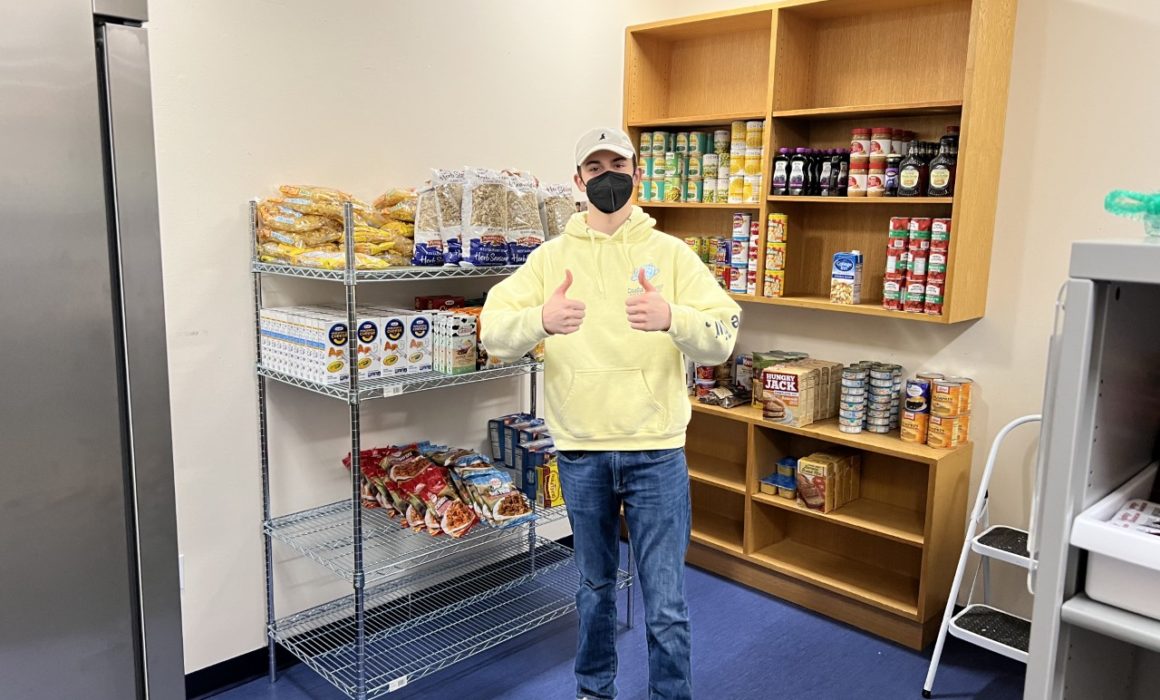Seeking Partners’ Input into Plans for Future Service
Achieve Hartford is at the beginning of our strategic visioning and planning process, and we’re at a crossroads. In the coming weeks, we’ll be reaching out to ALL IN! Coalition partners for their input on our future role.
The ALL IN! Coalition action teams that have scaled into full-fledged programs across six communities in partnership with Capital and Manchester community colleges may expand even further, while the Coalition work focused on systems-change in Hartford is approaching five-years old.
In Hartford, with all the players, programs and institutions focusing on post-secondary enrollment and career pathways, it’s time for us to ask the question: What’s our role going forward? In April, we’ll be seeking to interview or survey you, and we would like very much to hear your voice.
- We have served as the backbone organization to the ALL IN! Coalition’s steering committee, funder advisory committee, the post-secondary supports network and multiple action teams and projects.
- We have relished this role over the last four years – driving collaboration, coordination and communication between and among partners and sectors.
- We seek to learn:
- Is there a need for us to play our current role going forward?
- Is there another area of systems-change focus for us to address?
- Should we expand our direct support to community college students to drive degree completion beyond Hartford County?
- Should we merge with another non-profit and seek leaner and more efficient operations?
We need to hear from you. Be on the lookout for a request from us, and know we truly appreciate your voice in helping us answer these tough questions. We hope to continue being a service to you, whether you’re a public-sector, philanthropic, corporate or nonprofit leader. Please help us determine how we can best serve the underserved going forward.



